Mr Li Guozhi (18 February to 4 March 2016)
Mr Li Guozhi (18 February to 4 March 2016)
AST’s 18th OEIR
Mr Li Guozhi is an innovative mathematics educator from Changsha capital, China. He graduated from the first batch of Outstanding Teacher Programme in Ningxiang County. Mr Li has invented near 100 teaching tools, of which four were awarded National Top Prize. One of his teaching tools titled “An Assemble of Learning Tools for High School Mathematics” was awarded the bronze award at the 114th International Invention Expo in Paris.
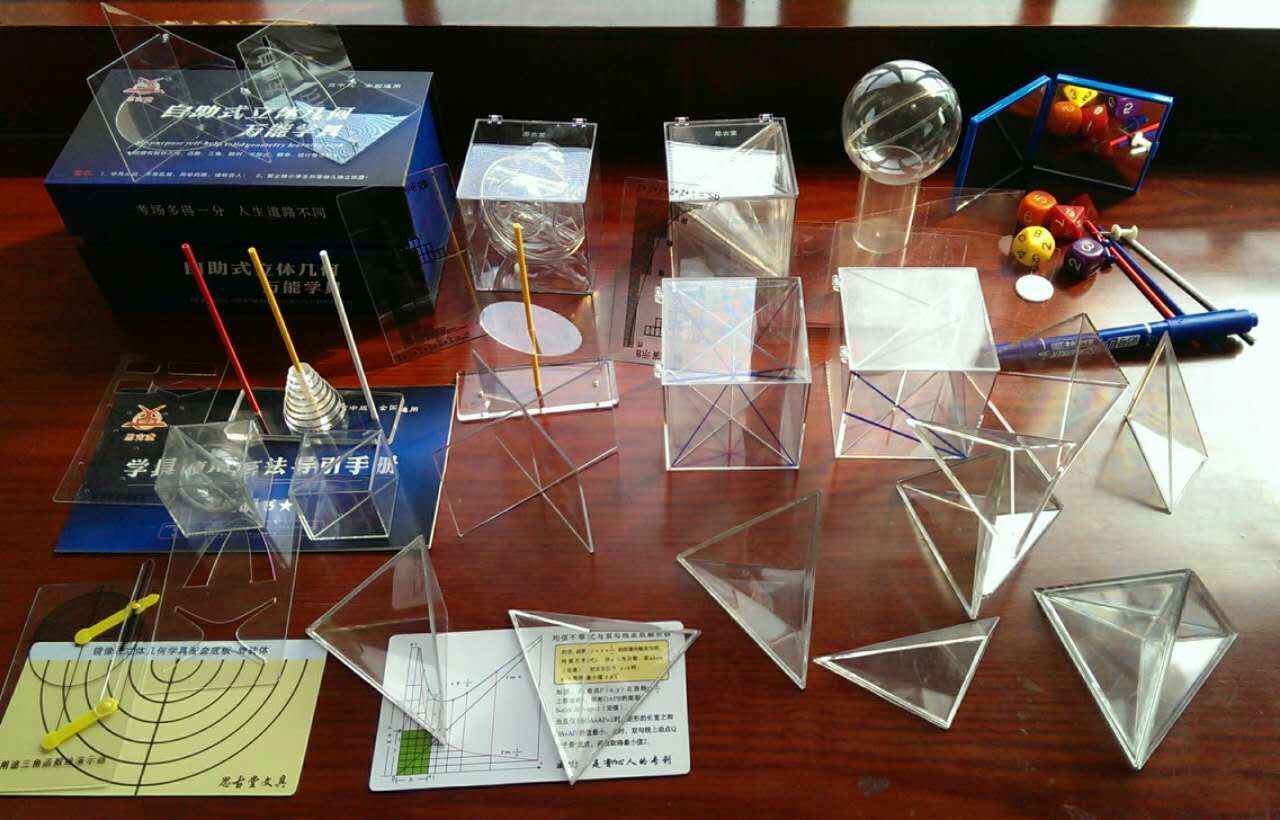
He also participated in the National Education Conference in China and guided students to participate in many competitions, including the China Mathematics Olympiad. Mr Li has over 32 years of teaching experience. He is currently a lead teacher (中学高级教师) in Ningxiang First Senior High School. In his current role, he teaches mathematics and mentors younger teachers in his school.
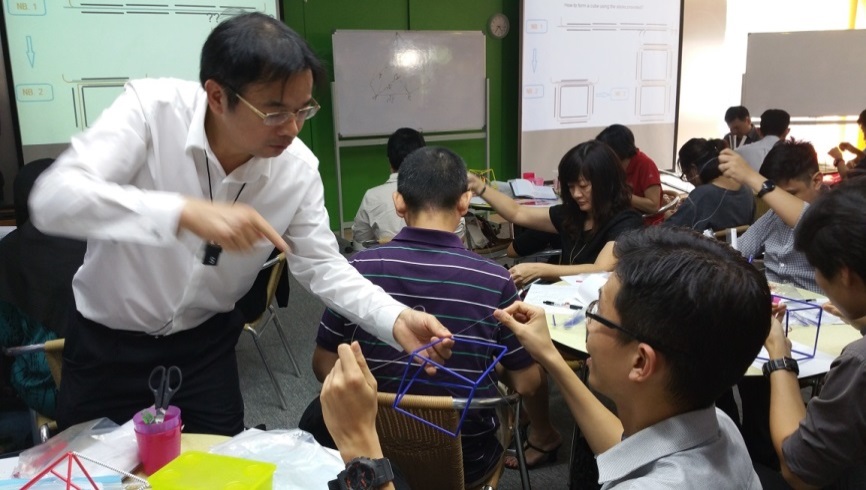
Mr Li believes that it is important for students to have hands-on experience with mathematics and is working on the creation of a mathematics laboratory for the students back in China. The concept is similar to that of the science laboratory. The mathematics laboratory will be a centralised location for teaching and learning resources, and for students to engage in mathematics-related experiments.
During Mr Li’s stint with AST, he conducted four Master Classes to over 150 teachers from secondary schools to junior colleges. He shared with the teachers and key personnel from schools the shift from a knowledge-based education to a competency-based education in the China, and how it has influenced the pedagogy used to teach mathematics in the classroom. In order to enhance and deepen students’ understanding in mathematical concepts, especially in the area of geometry, Mr Li invented many innovative teaching and learning resources. He shared that teachers are the students’ role models in class. As teachers strive to enhance their teaching by designing new teaching resources and experimenting with better approaches to teaching, the students will themselves be “infected” by their innovative spirit and practices.
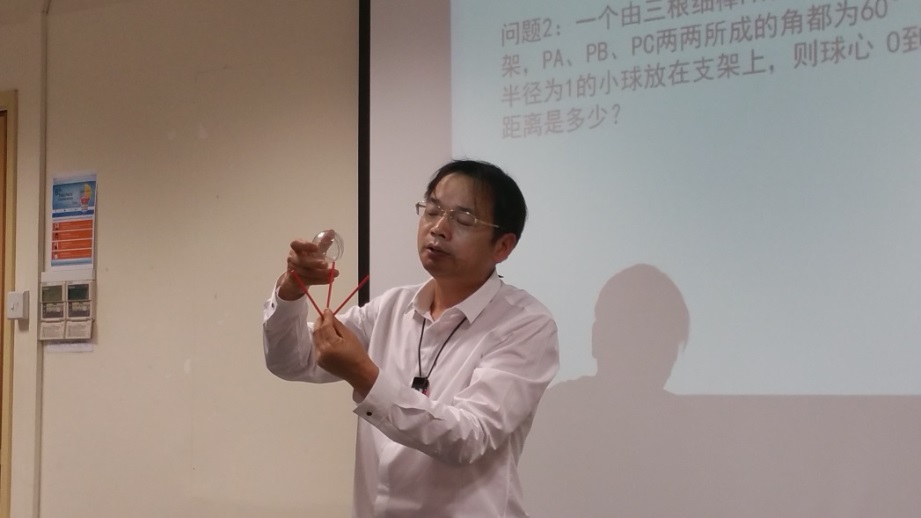
During the Master Classes, Mr Li got the participants to attempt the questions from the national examination in China so that they would understand the demands of the Chinese curriculum and the use of innovative problem-solving approaches. Mr Li indicated that it is important for the students to learn the fundamentals in order to solve mathematical problems. However, it is also equally important for the students to learn innovative methods. He equated the traditional and innovative methods to the leaves and flowers of a tree, explaining that each has its own function and purpose in the curriculum, and cannot do without the other. Participants got a hand in creating their own teaching manipulative using nylon string and plastic tubes. Participants learnt how they could use the manipulatives to teach three-dimensional trigonometry, and how to set innovative questions to generate greater interest from the students in the learning of mathematics.
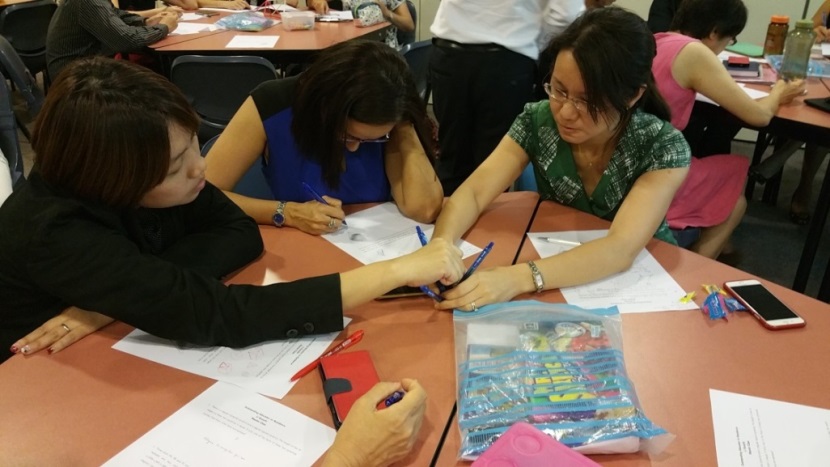
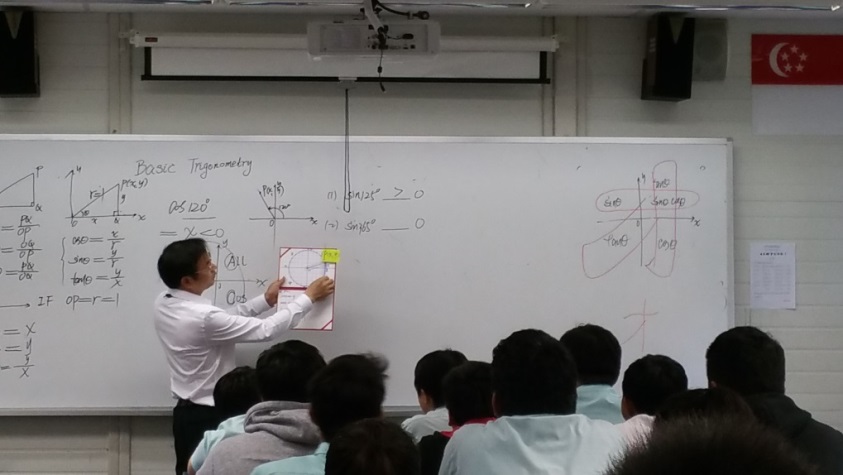
In addition, Mr Li also visited four schools: Anderson Secondary, Broadrick Secondary, Nanyang Girls’ High and Si Ling Secondary, where he observed how mathematics was taught in the Singapore context. He provided feedback on the lessons that he observed, and also had the opportunity to teach trigonometry to a class of local students. One key strategy he proposed was for students to be given the opportunity to explore the reasoning behind a mathematical concept or formula, and not just memorise it for solving questions.
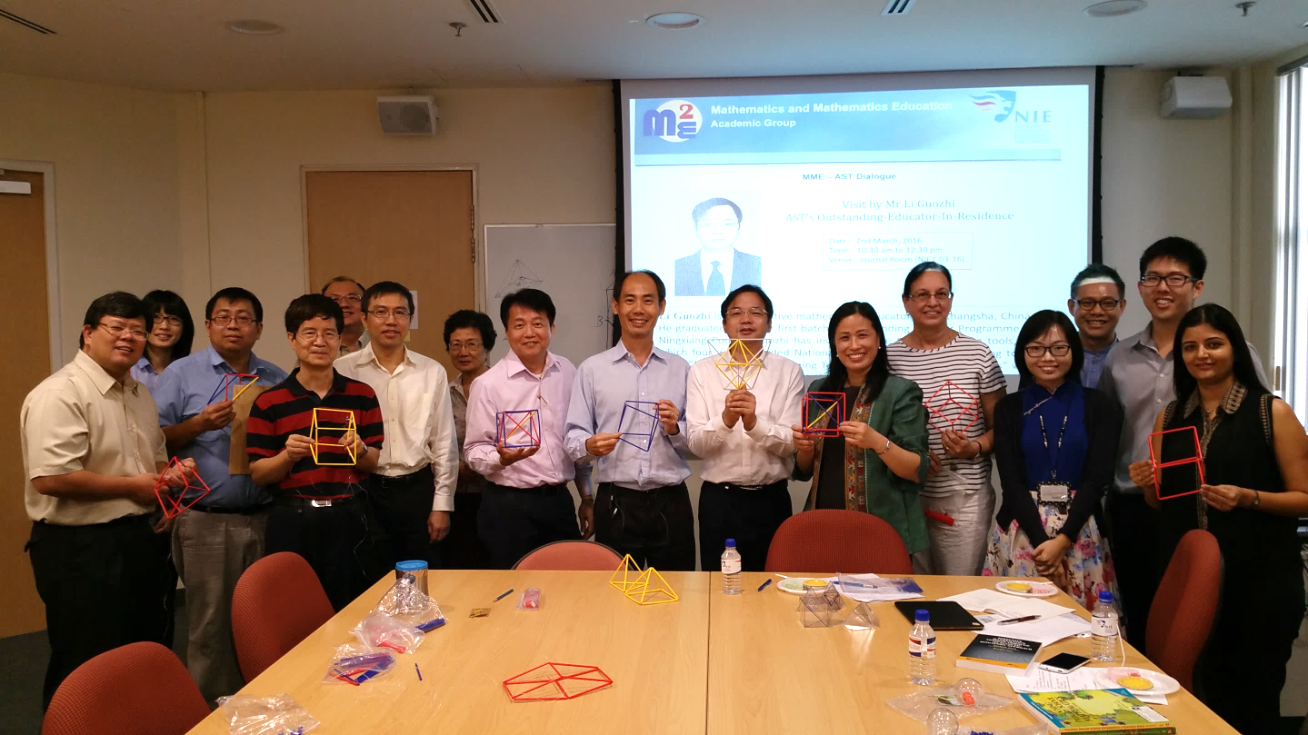
Mr Li also entered into a dialogue with officers from Curriculum Planning and Development Division (CPDD), as well as the professors at National Institute of Education (NIE). At both sessions, he shared the use of his teaching and learning resources to enhance and deepen students’ learning of mathematics.
Mr Li’s passion for the teaching of mathematics through hands-on experience and his drive for innovation could be strongly felt by those who interacted with him during his attachment in Singapore. His deep knowledge in the subject field and his generosity in sharing his resources and teaching ideas have been remarkable. Our teachers and officers greatly appreciated having had this rare chance to meet with him through this OEIR programme.

